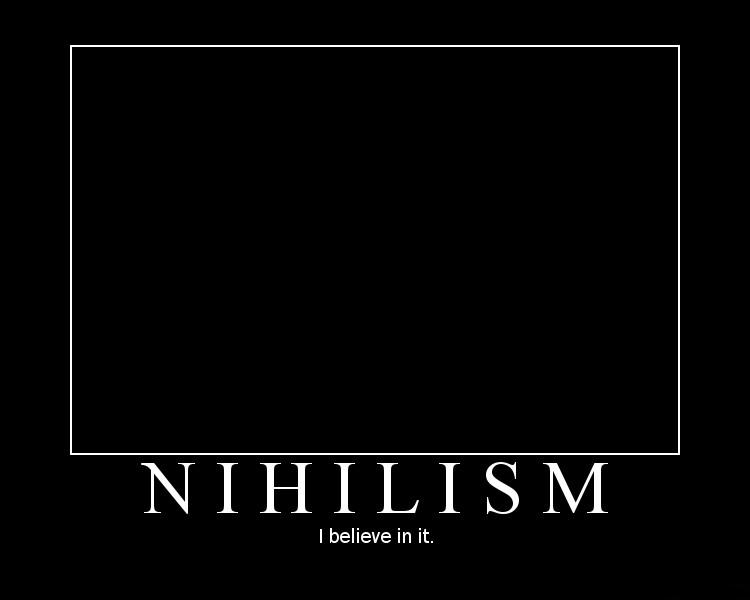Biggest issue I have with doing something stupid is not so much the result for me, but the effect on others, whether they be whoever is involved on the road (could range from inconvenienced, through out-of-pocket, maimed or killed) or my own family and friends, some of whom might actually mourn me. Also, although no-one is financially totally dependant on me, my wife's income will drop substantially on my demise.
OK, I apologize in advance, but now I'm going to go all existential on you here...
While this perceived "effect on others" is a major motivational driving force on many (most? all?) of us, how do we really know if there actually
are others?
How do we know that all of these "others" that we perceive to exist are not just figments of our own imagination? How do we know it is not just something that our overactive minds have conjured up to
entertain ourselves through whatever existence it is that we actually occupy?
Should we spend much of our efforts to modify our own perceived behaviors in order to satisfy these "others", who may or may not exist, or instead to improve our own experiences, real or imagined?
Think about that.




















































